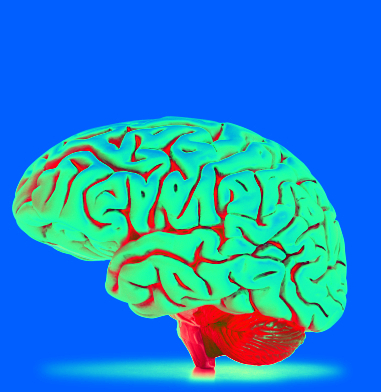Push to translate DNA findings
 Australian scientists are challenging the research and funding community to develop better treatments for debilitating mental health conditions.
Australian scientists are challenging the research and funding community to develop better treatments for debilitating mental health conditions.
QIMR Berghofer scientists say more efforts should be made to tap into the many extraordinary genetic discoveries made over the last decade to deliver a new era of precision psychiatry.
Scientists have discovered hundreds, and in some cases, thousands of genes linked to the full range of mental health conditions, including anxiety, depression, anorexia nervosa, schizophrenia, bipolar disorder, autism spectrum disorder, and ADHD. This has been made possible thanks to new genetic data sets of DNA donated by millions of people, and advancements in supercomputing technology.
Studies show there is a large genetic component which points to an underlying biological basis. Mental health conditions are diseases with a biological foundation, just like other diseases such as diabetes,
The head of QIMR Berghofer’s Translational Neurogenomics Laboratory, Professor Eske Derks, says it is now time to progress this research to the next stage.
She has co-led a new study, identifying 10 key challenges that need to be overcome before these genetic discoveries will lead to improved care of patients in the clinic.
“We’ve had an era of genetic discovery and now we’re on the threshold of a new era of precision psychiatry which could offer more effective drugs for patients, and could help clinicians to better diagnose and treat these complex conditions,” she says.
“The challenges we’ve identified are not simple to solve but with a creative, collaborative, and coordinated research approach, and investment that supports scientists to do this work, we could make this new era a reality. We owe it to the people who have generously donated their DNA and to those living with a mental illness.”
Two in five Australians have experienced mental illness at some point in their life. Anxiety and depression are the most common, with the COVID-19 pandemic triggering a 25 per cent increase in cases according to the World Health Organisation (WHO).
Mental illnesses can significantly impact patients’ quality of life, and cost the Australian economy around $70 billion every year.
Dr Zachary Gerring, who co-led the study, said there is a tremendous opportunity to use genetic data to find more effective treatments.
“For decades, there has been little progress in developing new drugs for mental health conditions. It can be a long process of trial and error for patients to find a treatment,” he said.
“We can integrate the genetic data with drug databases to identify potential new drug candidates that can be repurposed to treat mental health conditions. Repurposing approved drugs means we could get them to patients more quickly and cheaply than developing a completely new drug.”








 Print
Print